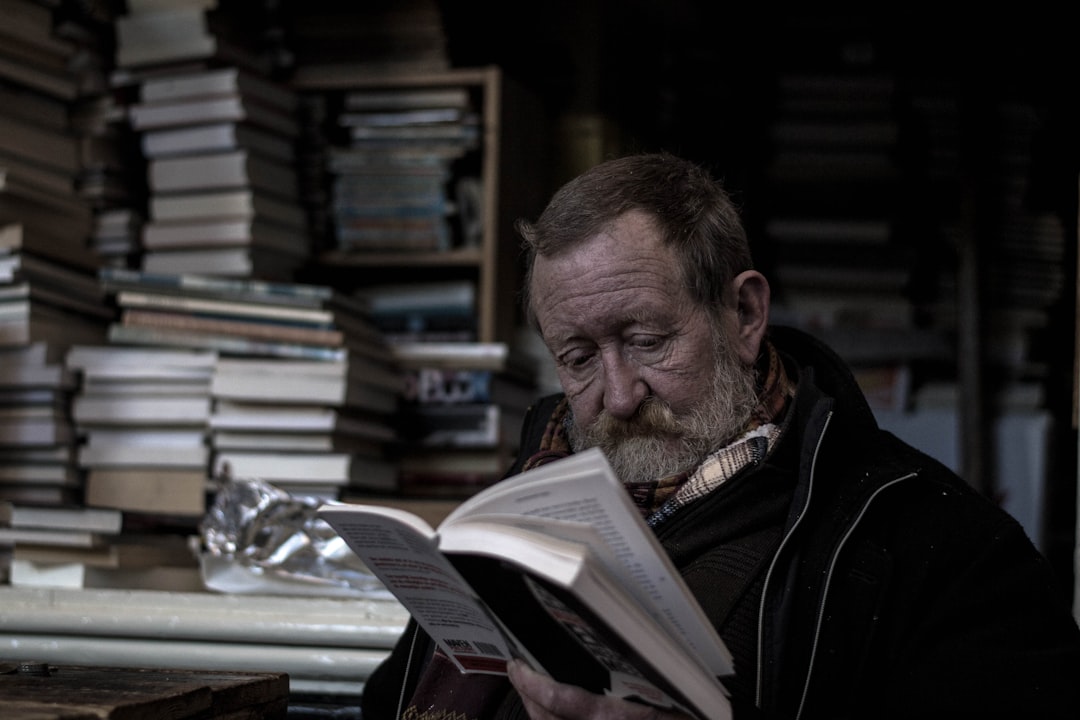
Keep reading with a 7-day free trial
Subscribe to Filling The Pail to keep reading this post and get 7 days of free access to the full post archives.

Subscribe to Filling The Pail to keep reading this post and get 7 days of free access to the full post archives.